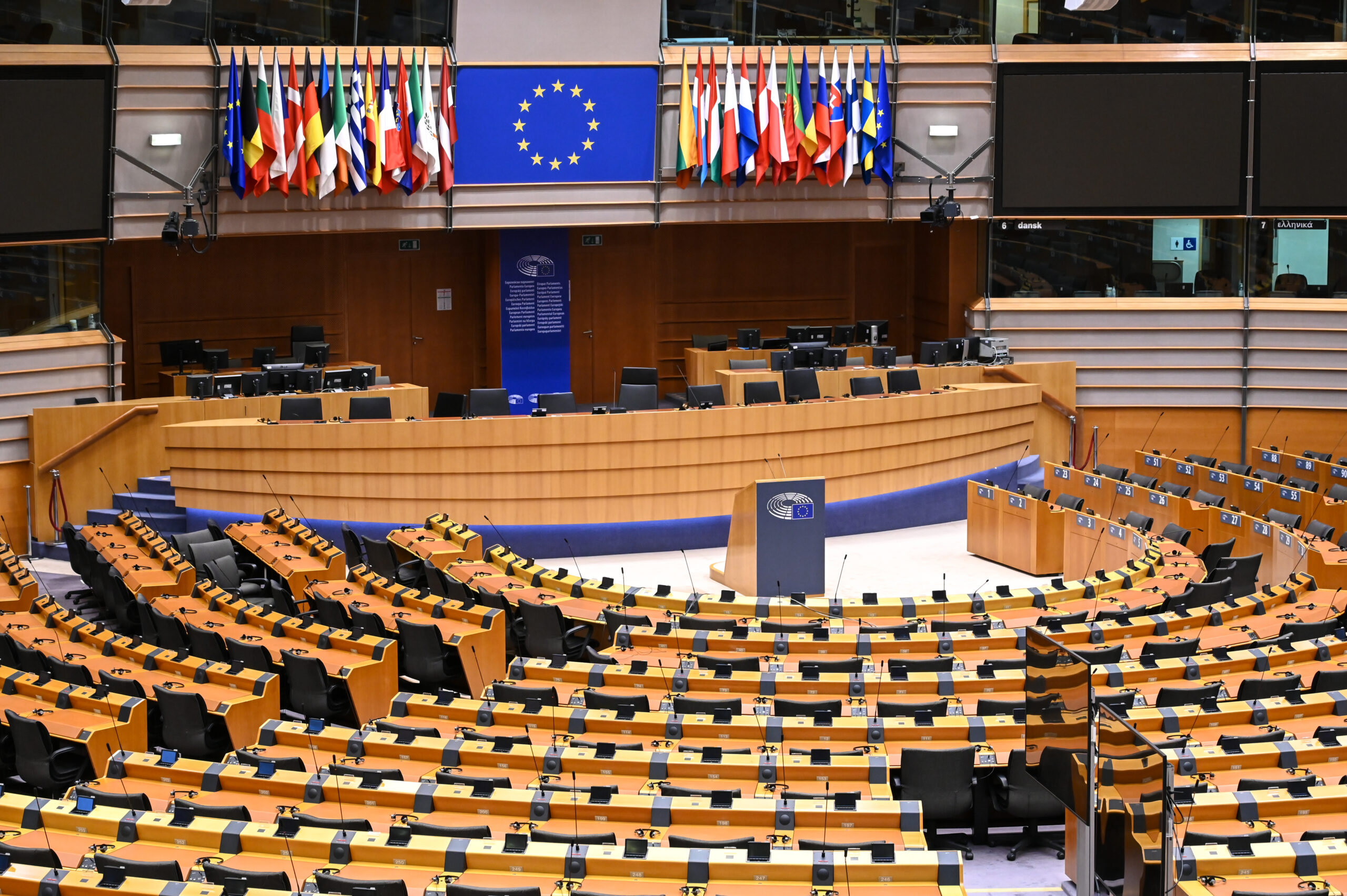EU Parliament Approves One Substance, One Assessment (OSOA) Initiative
The European Parliament has voted in favour of new rules to simplify and harmonise the way chemicals are assessed in the EU. The decision supports the “One Substance, One Assessment” (OSOA) initiative and marks an important step forward for the chemical industry, regulatory clarity, and public trust.
What Is the “One Substance, One Assessment”(OSOA) Approach?
Today, different EU agencies may assess the same chemical substance separately, depending on its intended use — for example, in cosmetics, food packaging, or industrial applications under REACH.
This fragmented system can lead to duplicated work, inconsistencies, and longer assessment times.
The “One Substance, One Assessment” (OSOA) approach aims to:
- Streamline chemical evaluations across the EU,
- Avoid duplication of work between different agencies,
- Accelerate the risk assessment process,
- Make scientific information more accessible to the public.
To achieve this, the Parliament calls for better coordination between agencies such as the European Chemicals Agency (ECHA), the European Food Safety Authority (EFSA), and the European Medicines Agency (EMA).
Why This Reform Matters
The chemical sector is essential to Europe’s economy but must also uphold strong standards for public health and environmental protection.
With this reform, the EU seeks to harmonise how substances are evaluated, aiming to:
- Simplify compliance for companies,
- Provide faster and more reliable access to safety data,
- Strengthen public trust in scientific assessments.
A key part of this initiative is also to reinforce the public’s “right to know” — the principle that everyone should have access to clear and transparent information about chemicals present in everyday products like cosmetics, toys, and food packaging.
Originally introduced in the United States, this concept is already well established in Europe through REACH. The new rules go further by making chemical data even more accessible to citizens, workers, and businesses.
This approach also supports key European initiatives such as the Chemicals Strategy for Sustainability and the European Green Deal, which promote safer and more sustainable use of chemicals.
How Does It Impact Companies?
For companies operating in the chemical sector, these changes will mean:
- Easier navigation of regulatory requirements,
- Clearer guidance from EU agencies,
- Faster authorisation and compliance processes.
This unified system is expected to reduce administrative burdens while maintaining the highest standards of safety and environmental protection.
Lisam’s Perspective
At Lisam, we strongly support initiatives that promote transparency, efficiency, and clarity in chemical risk management.
Helping companies comply with evolving regulations while protecting health and the environment is central to our mission. We are committed to providing the tools and support needed to adapt to the new regulatory framework and to continue building a safer future for all.
Learn more about the European Parliament’s decision here.
